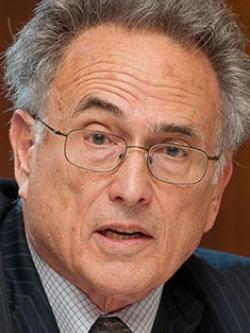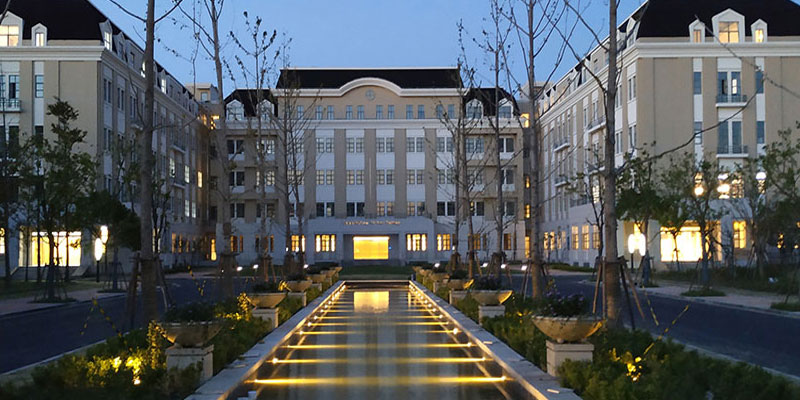学术报告
国内外低碳制度演变和最新动态系列研讨会(II)
第二期国内外低碳制度演变和最新动态系列研讨会于9月8日北京时间20:00举行,由普林斯顿大学的荣休教授Robert Socolow主讲。此次线上研讨会是中英国际低碳学院的城市气候行动系列讲座的特别专题系列。
参会方式:
Zoom ID: 992 0425 6394
Passcode: B123456
https://umn.zoom.us/j/99204256394?pwd=aXNEWVJNVTVaRU5kcVFHNWJOU2w3QT09
Technology, Policy, and Values for Living in a Greenhouse
Robert Socolow, Professor emeritus, Princeton University
Bio:

Robert Socolow is professor emeritus, Department of Mechanical and Aerospace Engineering, Princeton University. On campus he currently contributes primarily to the High Meadows Environmental Institute and the Andlinger Center for Energy and the Environment.
Rob earned his Ph.D. from Harvard University in theoretical high-energy physics in 1964 and joined the Princeton University faculty in 1971 with the assignment of inventing interdisciplinary environmental research. Rob works mostly on climate change solutions. His interests include raising the level of ambition of the world’s global climate research in the natural sciences, encouraging technological “leapfrogging” by developing countries, stimulating the deployment of carbon dioxide capture during fossil fuel use, and anticipating the dangers of climate-change “solutions” – notably nuclear weapons proliferation and misuse of the land.
Rob is a member of the American Academy of Arts and Sciences, an associate of the National Research Council of the National Academies, a fellow of the American Physical Society, and a fellow of the American Association for the Advancement of Science. He was the editor of Annual Review of Energy and the Environment, 1992-2002 and a founding member of the editorial board of Energy and Environmental Science. He was a member of the Grand Challenges for Engineering Committee of the National Academy of Engineering and the National Academies Committees on America's Climate Choices and on America’s Energy Future.
From 2000 to 2019, Rob and Steve Pacala were the co-principal investigator of Princeton's Carbon Mitigation Initiative, www.princeton.edu/~cmi/, a twenty-five-year (2001-2025) project supported by BP. Rob is particularly well known for his paper with Pacala: "Stabilization Wedges: Solving the Climate Problem for the Next 50 Years with Current Technologies" (Science, 2004), which raised awareness that climate change mitigation could already be pursued aggressively.
He currently serves on the Science and Security Board of the Bulletin of the Atomic Scientists and on the National Academies Advisory Committee to the U.S. Global Change Research Program.
ABSTRACT
The most important assignment for those in your generation, world-wide, who are about to be our leaders is to ensure that human civilization continues. This requires that you cultivate a way of thinking that is planetary. Human beings have a new task, which is to “fit” on the Earth.
A priority is to construct a low-carbon energy system. I will illustrate the complexities and subtleties with six examples: the weak incentives for energy-efficient buildings, the landscape impacts of solar and wind power, the nasty couplings of nuclear power and nuclear weapons, the potential centrality of low-carbon fossil fuels obtained via CO2 capture and storage, the biodiversity challenges implicit in biofuels and in “natural solutions” that increase Earth’s biocarbon, and the temptations of solar geoengineering. Common themes are risk evaluation, international governance, and equity.
研讨会日程安排(9月8日):
20:00-20:40 Socolow教授讲座
20:40-21:00提问和讨论时间




 友情链接 ---
友情链接 ---